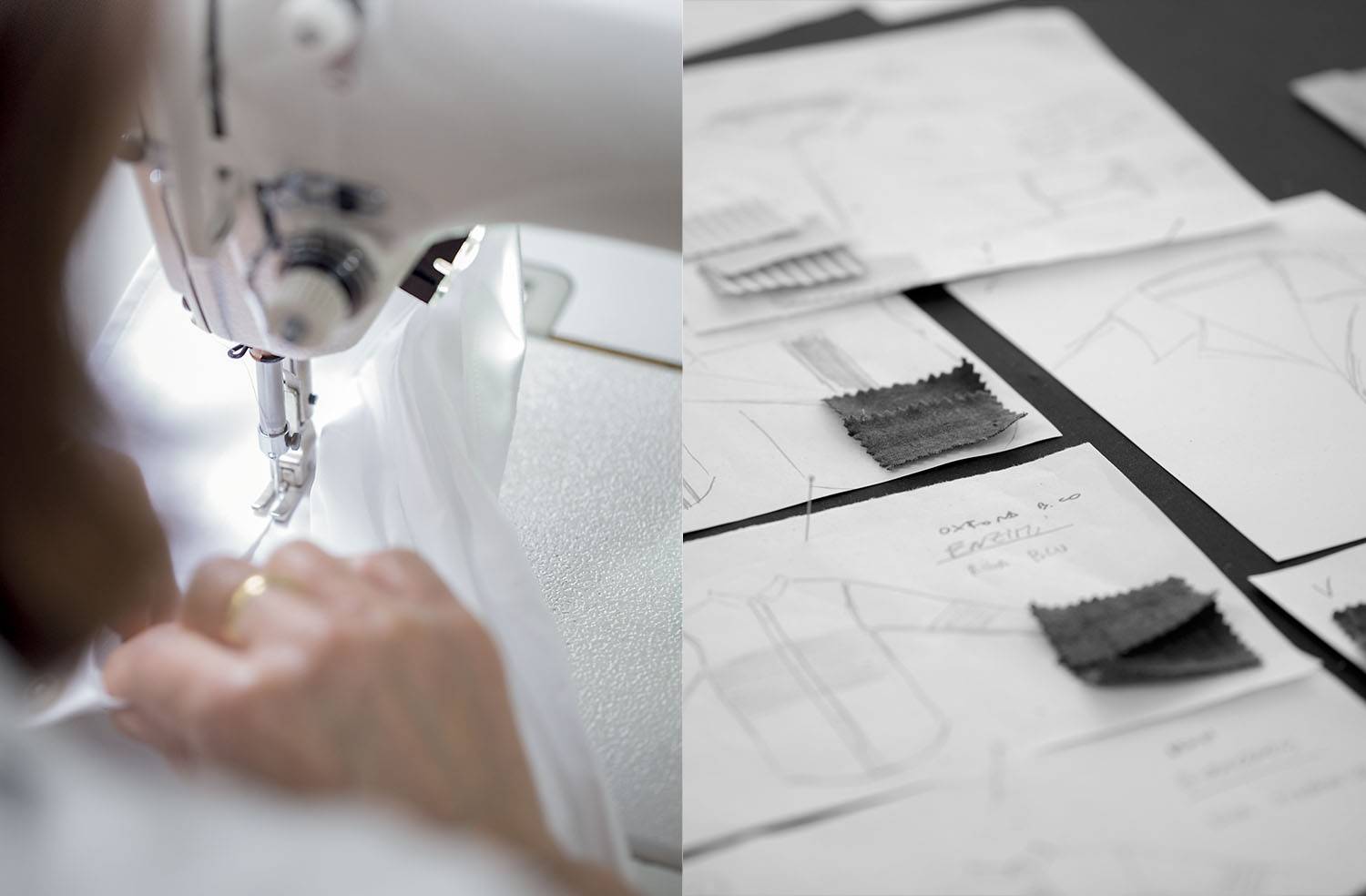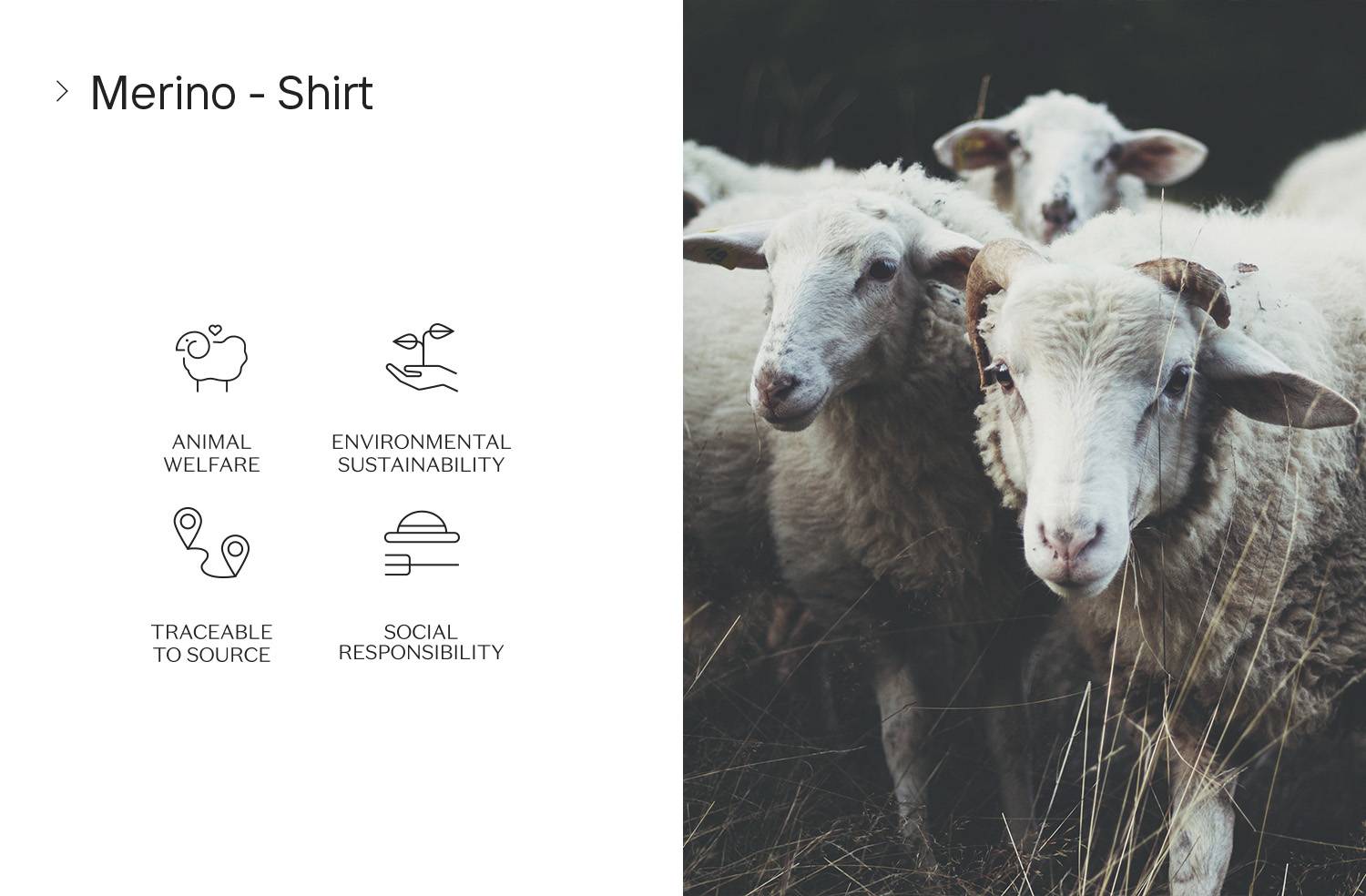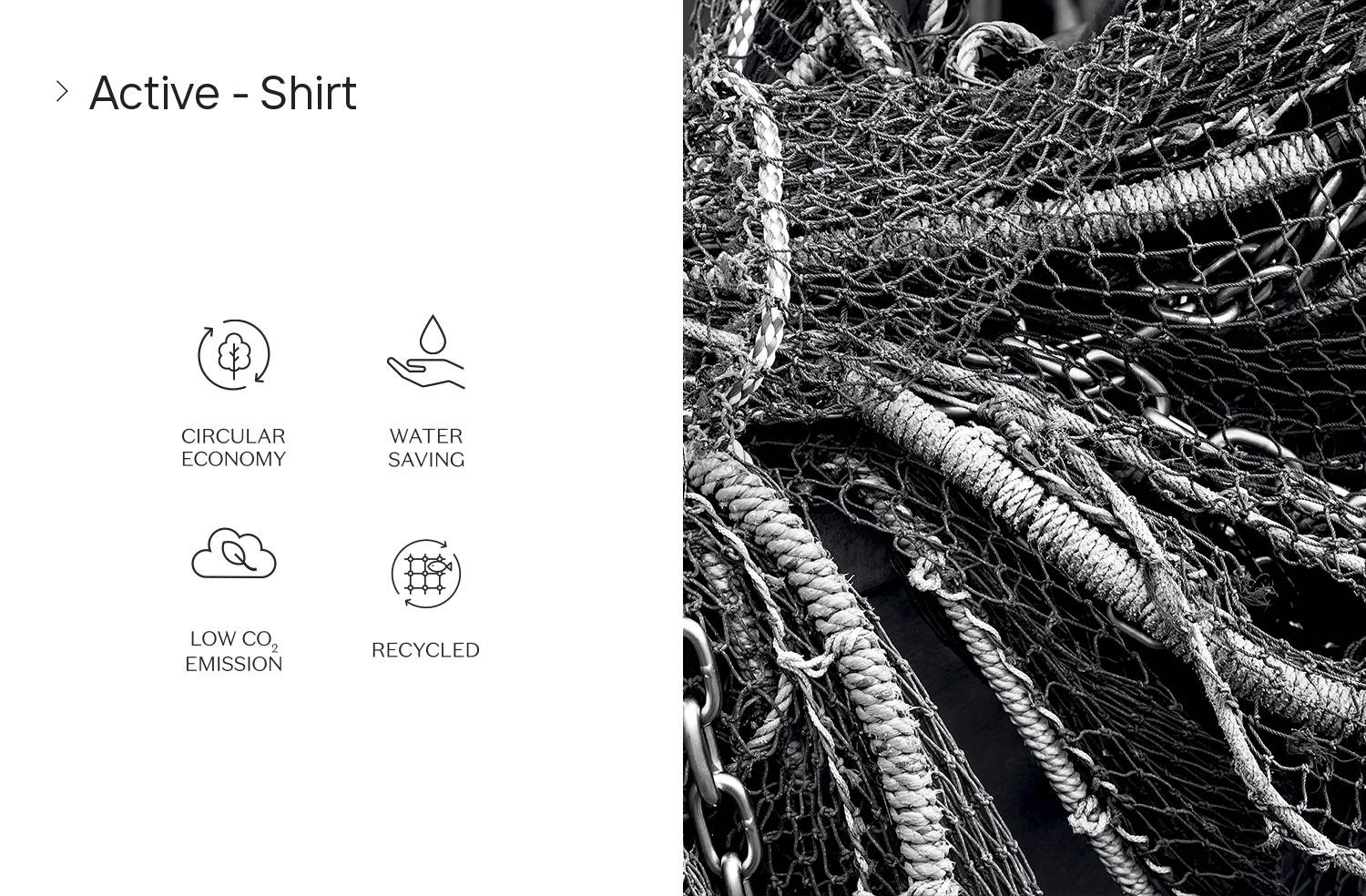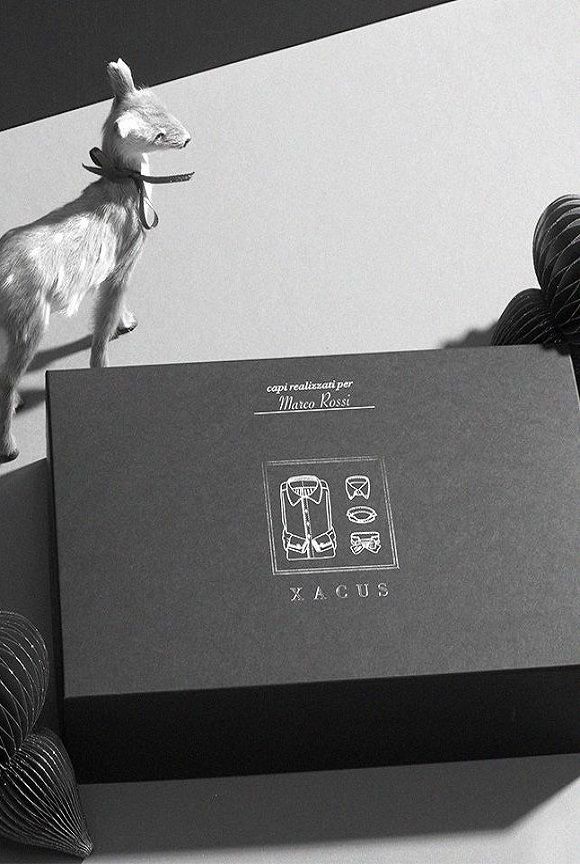

In an economy that is moving increasingly in the direction of concepts such as sustainability or the Green Economy, even the fashion industry has become more and more receptive to new production and consumption models. The result is Slow Fashion, a movement created to define a new textile manufacturing model that is also sustainable, based on a lower level of production, and on a mainly artisanal scale. The term, which was coined by sustainable design consultant, Kate Fletcher, in 2007, is in fact used to refer to a type of production inspired by the principles of the “Slow Food” movement, for which our country has been a major promoter.
The Principles of Slow Fashion
Slow Fashion means a different approach to consumption: customers are more aware and increasingly choose to buy clothing that is:
-devised and created to last, with timeless designs that can be used long past a single season;
-made by artisans who are paid fairly, because a well-made item will live past at least five cheap ones;
-made with top-quality materials that are as eco-friendly as possible, to reduce waste and increase the lifecycle of the garment;
-transparent and ethical, where every step of the supply line - from the raw material to the finished product - can be traced as far as possible.
A way of consuming and wearing clothing that aims to safeguard the planet, and also to improve conditions for workers in the industry. It’s fashion that has shifted away from our usual everyday experience of buying lots of low-cost clothing. In fact, all it takes is a small change to consumer habits to create a huge improvement in conditions on the planet and in our lives.
Xacus has been espousing this principle for some time, moving in the direction of a circular production model, in line with the principles of Slow Fashion, based on resource optimisation and process efficiency. This has led us to focus more on production based on two seasons, thanks to our short supply chain, beginning a job of traceability and certification, with top quality materials that last over time.
A range of principles that are reflected in our Merino-shirt, a breathable, odour-free shirt that regulates body heat, made in the highest quality wool, guaranteed by ZQ Merino certification. An “ethical” wool, because it is selected and produced from sustainable management of environmental resources, taking care of animal health,which no use of cruel practices, such as mulesing, and processes that guarantee total traceability, through to the farms where the wool is mixed. At the same time, it supports small businesses and guarantees fair jobs and security for the farming communities.
And, in line with our innovative DNA, we have introduced recyclable fibres such as Econyl, which we use to make our most performing products: the Active-shirt.
Our 3D stretch fabric, made by recycling old fishing nets abandoned on the seabed, can offer you the fantastic coollightness and breathability, while continuing to look perfect, wash after wash, after wash.
Find out more about our circular model in this article.



